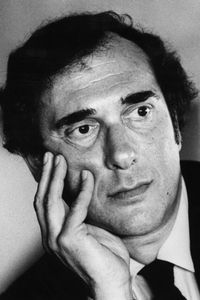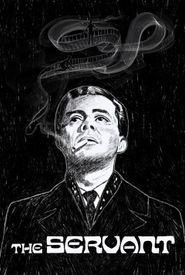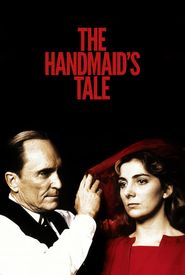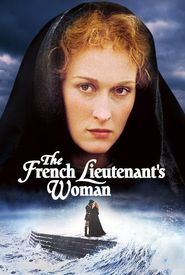Here is the biography of Harold Pinter:
Harold Pinter was born on October 10, 1930, in London's Hackney district to Hyman and Frances Pinter, Eastern European Jewish immigrants who had settled in the UK. His family was part of a wave of Jewish emigration to the UK at the turn of the last century, and they valued learning and culture.
Pinter's childhood was marked by the trauma of being evacuated from London to Cornwall during World War II. This experience had a profound impact on him and would later influence his work as a playwright.
Pinter studied acting at the Royal Academy of Dramatic Art and the Central School of Speech and Drama. He began his career as a professional actor, touring the Republic of Ireland with Anew McMaster's Shakespearean repertory company in 1951-52. He also appeared in productions with Sir Donald Wolfit's company and various provincial repertory companies.
In the 1950s, Pinter was influenced by the Suez Crisis and the rise of the "kitchen-sink" school of drama, which focused on working-class life and struggles. He was also affected by the Cold War and the threat of nuclear war, which would become a recurring theme in his work.
Pinter's first play, "The Room," was written in 1957 and premiered at Bristol University. His second one-act play, "The Dumb Waiter," was written in 1957 and premiered in 1960. His first full-length play, "The Birthday Party," debuted at the Arts Theatre in Cambridge in 1958.
Pinter's early plays were rooted in absurdism, a style that became popular in the 1950s and 1960s. His work often featured dark, claustrophobic settings and menacing pauses, and his characters were often trapped in situations that were inexplicable and threatening.
Pinter's later plays became more overtly political, addressing issues such as oppression, war, and imperialism. He became a vocal critic of US foreign policy and was a strong supporter of human rights.
In 2005, Pinter was awarded the Nobel Prize for Literature, an honor that was seen as a criticism of the US government and its policies. He was also appointed a Companion of Honour in 2002, an honor that does not carry a title.
Pinter has continued to write poetry and has been involved in various political and humanitarian causes. He has been a vocal critic of US President George W. Bush and has compared him to Adolf Hitler. He has also been a strong supporter of Fidel Castro and the Cuban Revolution.
Throughout his career, Pinter has been recognized for his contributions to the world of theater and literature. He has been awarded numerous honors and prizes, including the Nobel Prize, and has been recognized as one of the greatest playwrights of the 20th century.






































































